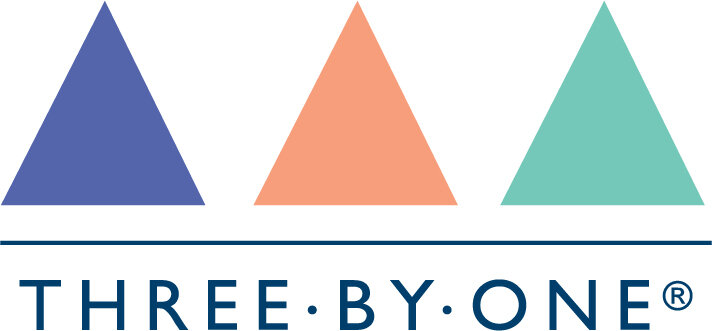DID A MONKEY PICK YOUR COCONUT?
People often ask me why Three By One Coconut Oil is more expensive than some other coconut oils you can find these days. I always answer them, "cheap is cheap for a reason".
You can already read about our quality, ethics & sustainability here; https://threebyone.eu/why-chose-three-by-one/ but here I would like to go a little bit deeper into one of the ethical points; the use of monkeys in the production of coconut oil.
Did you know that in some countries monkeys are abused during the production process of coconut oil?
It probably hasn’t even crossed your mind, right? That the coconut oil you purchase could have been harvested using monkeys. Monkeys that are exploited, chained as slaves, and forced to endure dangerous working and living conditions.
Much of the world’s coconut oil production is carried out in Southeast Asia. Indonesia alone accounts for 18 million tons of coconut oil every year. Harvesting coconuts is difficult. It is dangerous and labor-intensive work, and monkeys are, of course, great climbers, and native to many regions in Southeast Asia.
Monkeys are capable of collecting up to 1000 coconuts a day. That is a lot more than humans, who can only collect around 100. For that reason monkeys are often trained and tied to a handler. A metal collar placed around their necks. Then forced to climb up to 25m to collect coconuts.
All over Southeast Asia, monkey training facilities have been set up to teach monkeys how to harvest coconuts. In these facilities they are often kept tied up and caged separately with no socialization. This is totally against their nature. As we know, monkeys are both highly mobile & highly social creatures.
During their training, the monkeys often choke on the wire they are hanging from. There are also several reports of them being whipped and beaten if they do not obey their master. Once they have been trained, they are forced to work through fear while tied to a handler, made to climb palm trees and swing from tree to tree to twist the coconuts to release them. Once the coconuts have dropped, the monkeys then have to retrieve them from the thick brush. The monkeys aer also forced to collect their handlers sharp tools and blades and packing them onto a trucks. An individual coconut can weigh up to 2.5kg and there are often hundreds to collect. So you can imagine the physical strain these creatures are put under.
When they are not working, they are kept chained up in cages, often muzzled, and without any socialisation. Many of the monkeys that are used have been stolen from their mothers at a young age, as they are easier for the handlers to train.
Monkey exploitation for coconut harvesting is believed to be widespread in Thailand, with reports of one owner of a monkey training school in Surat Thani, saying, “It would be difficult to find a coconut product made in Thailand that wasn’t picked by a monkey.”
As coconut oil increases in popularity, & the demand for lower prices rises, this situation can only get worse for these socially-intelligent creatures who are forced into this harsh, unnatural, abusive existence.
You can read more about this inhumane practice in this Huffington Post article; https://www.huffingtonpost.com/nathan-j-winograd/did-an-abused-monkey-pick_b_8341554.html
Three By One can say with full confidence that NO monkeys are used to pick or harvest the coconuts used in any of our products. Sri Lanka is primarily a Buddhist country. Buddhists practice kindness to all living things. I have personally visited our farms & have never witnessed these types of practices anywhere in Sri Lanka (although wild monkeys do sometimes picks coconuts for their own consumption!)
All our coconuts are picked & harvested by hard working humans who have passion for their work. These people are all paid a fair wage, receive supported health care & we ensure their (and their families) welfare.
